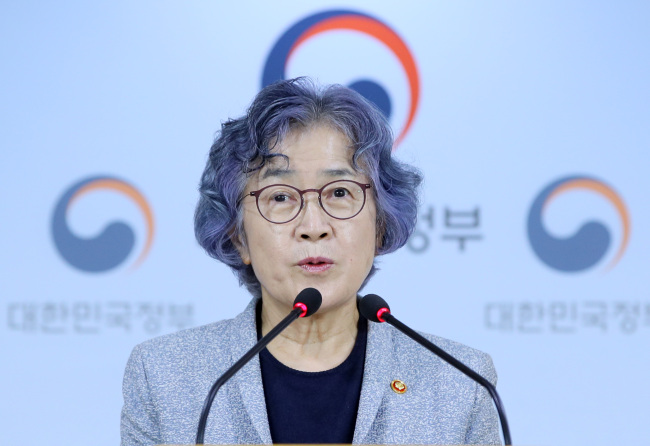'261 public servants suspected of illicit overseas work trips’: anti-corruption agency
By Claire LeePublished : July 26, 2018 - 18:09
A total of 261 public servants, including 38 lawmakers, are suspected of having taken illicit overseas trips, many of them financed by entities under their supervision, the state-run Anti-Corruption and Civil Rights Commission announced Thursday.
The agency said public servants will now be banned from receiving funds from other government entities for overseas work trips.
All state-run agencies and ministries whose staff are suspected of having taken such trips have been informed of the misconduct, which violates the Improper Solicitation and Graft Act that went into effect in September 2016.
The agency said public servants will now be banned from receiving funds from other government entities for overseas work trips.
All state-run agencies and ministries whose staff are suspected of having taken such trips have been informed of the misconduct, which violates the Improper Solicitation and Graft Act that went into effect in September 2016.

Commonly referred to as the Kim Young-ran Act, bearing the name of the former Supreme Court justice who drafted it, the law bans civil servants and their spouses from receiving meals, gifts and congratulatory or condolence monetary gifts in excess of value of 30,000 won ($26.79), 50,000 won and 100,000 won, respectively.
Thursday’s announcement is a result of the anti-corruption agency’s investigation into 1,483 state-run institutions, which was launched earlier this year after angry online petitions were filed to the presidential office calling for a probe into such cases.
It has been reported that such trips often have nothing to do with "work." Many are reportedly treated with free meals, accomodation and arranged tours overseas. Some would bring their family members to such free trips, illicitly financed by tax money.
In March, Kim Ki-sik, the former head of the Financial Supervisory Service, triggered controversy after it was revealed that he had gone on multimillion-won business trips in 2014 and 2015, financed by the entities under his watch as a lawmaker.
Following the controversy, Kim stepped down from his position in April, after about 15 days as the FSS head.
The anti-corruption agency concluded that from September 2016 to April this year, staff of 28 government institutions had gone on illicit trips, while 22 state-run organizations had illicitly supported public servants or lawmakers on such trips as a form of political donation or even bribery.
Among the 28 government institutions whose officials went on illicit trips are the Ministry of National Defense, the Ministry of Science and ICT, Incheon International Airport Corp., the Industrial Bank of Korea and the Korea University of Technology and Education.
Among the 22 intuitions that have unethically supported such illicit trips are the Ministry of Unification, the Ministry of Strategy and Finance and the Korea Forest Service.
By Claire Lee (dyc@hearldcorp.com)



![[Herald Interview] 'Amid aging population, Korea to invite more young professionals from overseas'](http://res.heraldm.com/phpwas/restmb_idxmake.php?idx=644&simg=/content/image/2024/04/24/20240424050844_0.jpg&u=20240424200058)














